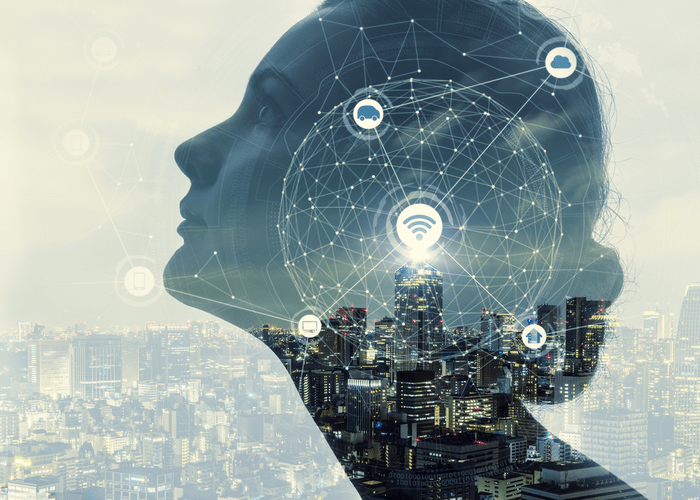
This article was written and published in Spanish and has been translated into English via Google Translate. Click here to read the original article.
Is Artificial Intelligence (AI) able to achieve the same knowledge that a person would take 20 years to acquire? The experts at IMF Business School say that, thanks to Deep Learning - a subsection of the AI - yes. Composed by a system of algorithms, said technology "manages to imitate the behavior of the human brain, through a network of artificial neurons," they explain. It's a problem that added to the one raised by the report 'Big Data Professionals: current analysis and future perspectives', which points out that the demand of professionals specializing in Big Data and Machine Learning has increased by 92% in Spain in just two years, which draws a complex picture in terms of talent and employability.
In this sense, the business school adds that by 2022, the work of one in five people will be related to Artificial Intelligence and hence the importance of starting to train in new skills and key studies, which will make young people secure better access to a job in an imminently digital future.
Precisely to this end, IMF Business School has listed some of the uses that Deep Learning has today, saying the role that people will fulfill in that context. In this sense, the experts explain that, "Nowadays, machines can already be found that can read a license plate or recognize faces or objects in people". In addition, being a technology capable of self-programming, that is, of learning from their own experience and making decisions by itself, the role of workers in various sectors begins to be questioned. It could be the case of recruiters, where some systems already allow the interviewing of potential candidates for a job, with the need for no human intervention possible because of the identification of traits linked to the personality of the desired applicant.
"Although it may seem like something out of a science fiction film, the eagerness to build complex machines (robots) with characteristics similar to human intelligence is a reality," they explain from IMF Business School. "Its boom will cause Deep Learning to become one of the most requested areas in the coming years," they added.
In this line, the experts also cite the results of studies such as the one carried out by Hewlett Packard Enterprise, where when talking about the efficiency of these advanced technologies, levels close to 100% are mentioned (specifically, 99.4%).
Likewise, in its other uses, IMF Business School indicates that it is already being applied to voice assistants of mobile phones or chatbots, "who learn while being asked or spoken to". A critical point especially for positions related to customer service and in disparate sectors such as retail or banking.
In health, they have not wanted to be left behind and, in fact, already use machines capable of reading and making an X-ray in an autonomous way and much faster. For this reason, the profile of data scientist has become one of the most demanded by companies in recent times- a profession that, on the other hand, did not exist a few years ago.
Another great milestone in this sector was the one lived last November, month in which "a group of researchers reproduced recordings of people talking to patients with epilepsy during surgery", as revealed by IMF Business School. In this way, "they were able to register, thanks to the use of Deep Learning methods, which neurons were activated while patients processed the sound with excellent results".
In this sense, aware of the rise of these new technologies in multiple sectors, the business school has developed a new program specialized in Deep Learning.
This article was written and published in Spanish and has been translated into English via Google Translate. Click here to read the original article.
Join us in Bangkok the 19th to the 21st of March for the Property Portal Watch Conference.
